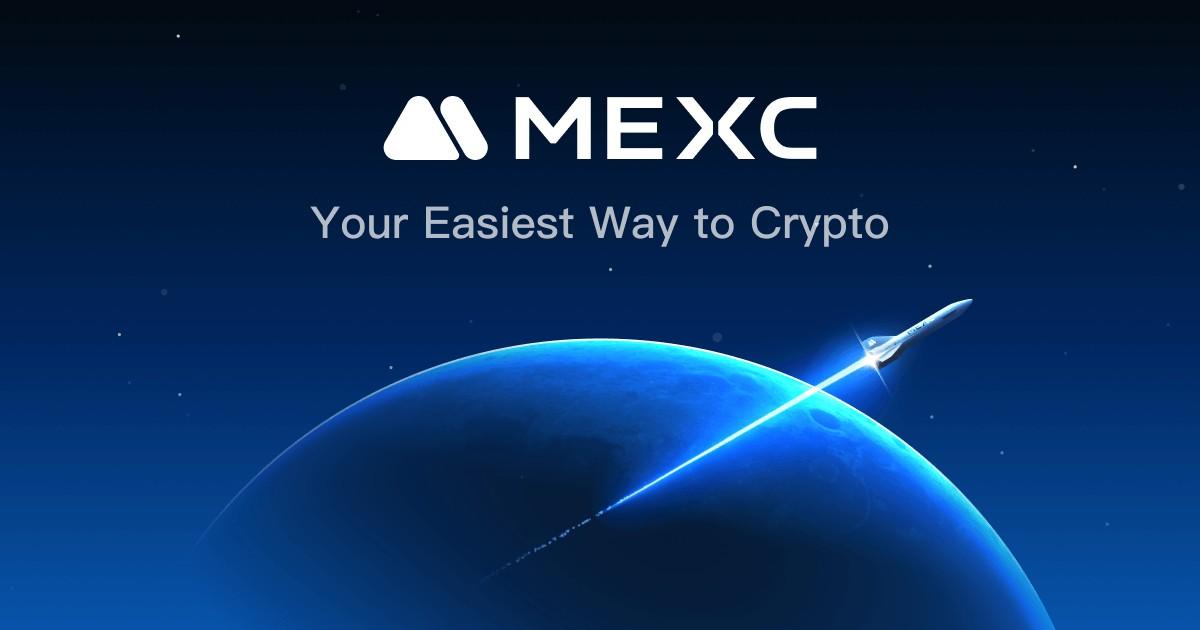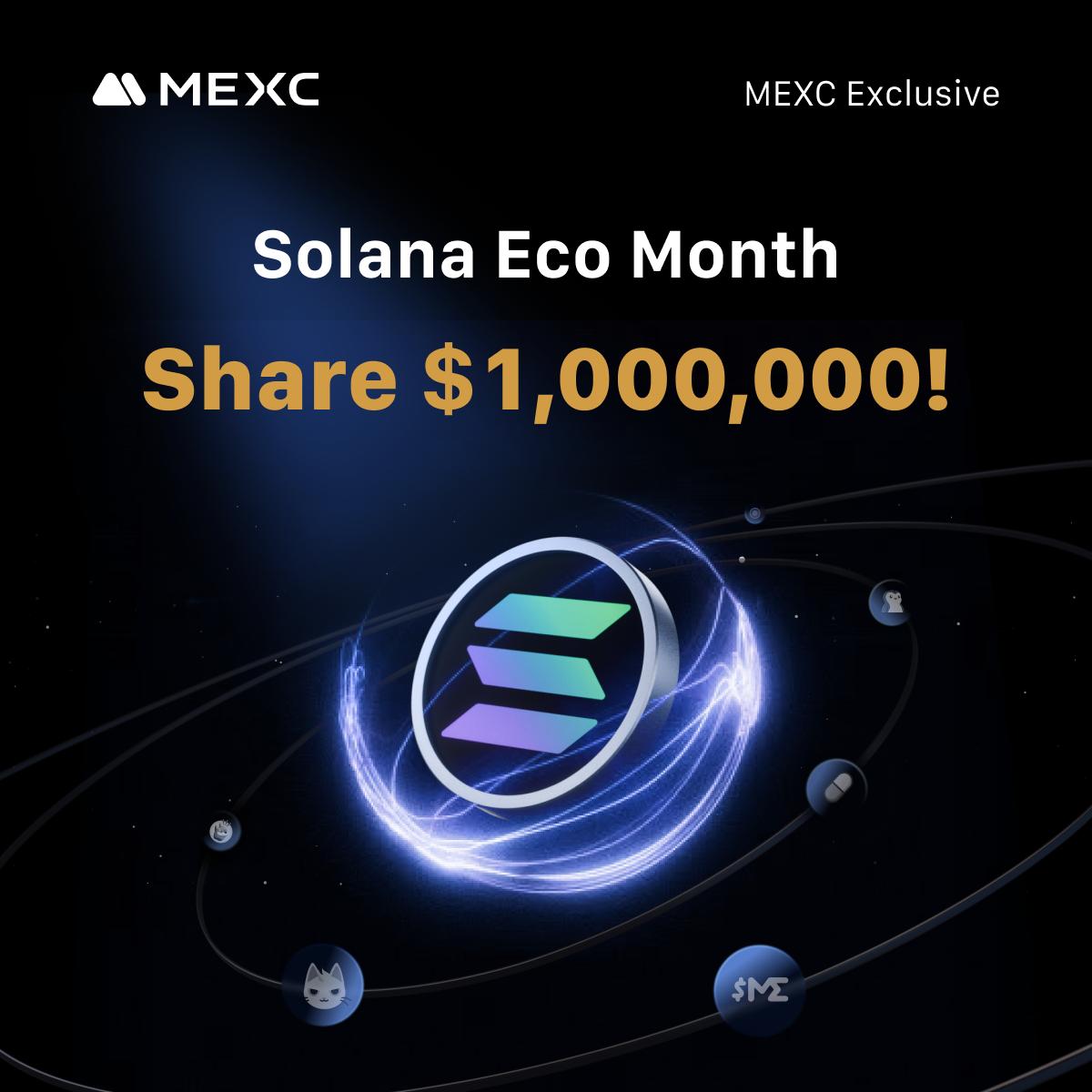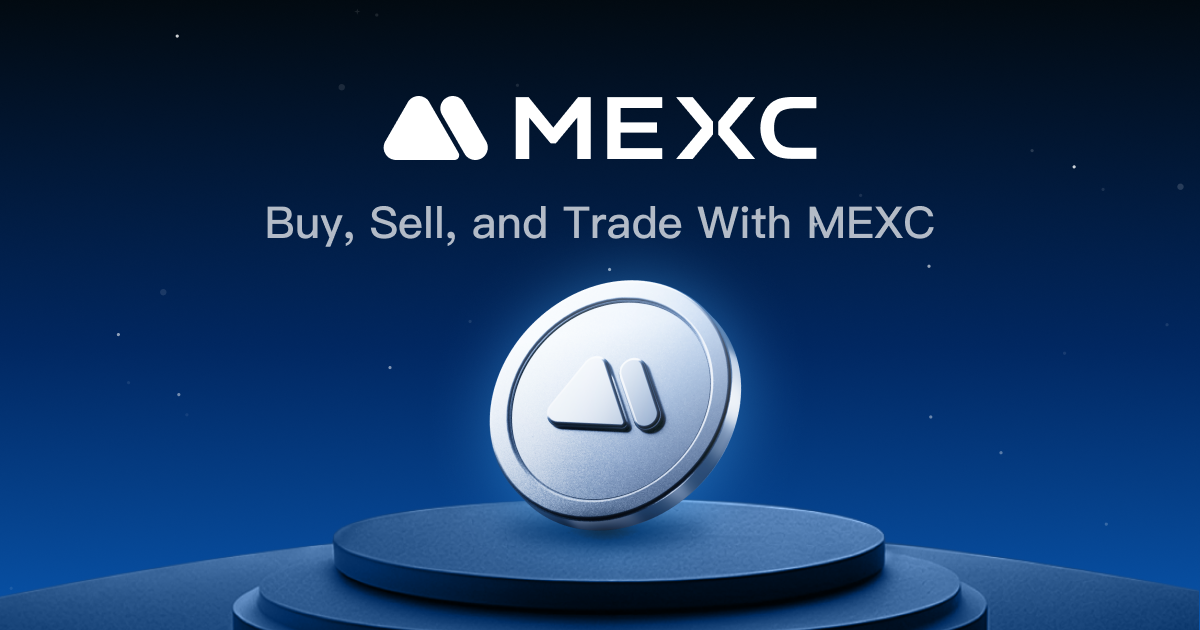
6 minute read
MEXC vs OKX Comparison: Which is better?
from MEXC
by Exness_India
If you're torn between MEXC and OKX as your go-to cryptocurrency exchange, you're not alone. Both platforms are major players in the global crypto scene, offering a wide range of services from spot and futures trading to staking, copy trading, and more. But which is better: MEXC or OKX?
Let’s get straight to the point. If you're a beginner or an altcoin enthusiast who values low fees and no-KYC access, MEXC might be the better option. If you’re a more experienced trader looking for deep liquidity, advanced features, and a highly trusted platform, OKX has the edge.
But there’s more nuance to this, and we’ll break down everything from features and fees to security and user experience.

✅ Trade with MEXC now: Open An Account 👈
1. User Interface and Experience
MEXC offers a clean, intuitive interface that's ideal for both beginners and intermediate users. The registration process is fast and doesn’t require KYC for withdrawals under a certain limit, which appeals to users who prioritize privacy and speed.
OKX, on the other hand, provides a more advanced interface with professional-grade tools. It may feel overwhelming for complete beginners, but seasoned traders will appreciate the sophisticated charting tools, trading bots, and flexible order types. OKX also offers a highly customizable dashboard, which can be a major plus for those managing multiple trades or portfolios.
Verdict:
MEXC wins on simplicity and ease-of-use.
OKX wins on customization and advanced tools.
2. Asset Variety and Market Availability
MEXC shines when it comes to the number of available cryptocurrencies. It supports over 2,000+ crypto pairs, including many low-cap altcoins and newly listed tokens. If you're a degen trader looking for the next 100x gem, MEXC is a goldmine.
OKX, while more conservative, still supports several hundred high-quality crypto assets and frequently adds trending tokens. The emphasis is on liquidity and reliability, rather than sheer quantity.
Verdict:
MEXC is ideal for altcoin hunters.
OKX is better for high-volume, blue-chip asset traders.
3. Spot and Futures Trading
Both platforms offer robust spot and futures trading features, but there are key differences.
MEXC offers futures trading with up to 200x leverage on certain pairs, which is higher than OKX’s maximum leverage of 125x. It also has a wider selection of futures pairs, especially for low-market-cap tokens.
OKX’s futures and perpetual contracts are more mature, with deeper liquidity and better risk management tools. OKX also supports options trading, which MEXC does not. If you're a professional trader managing large positions, OKX provides a more secure and reliable futures market.
Verdict:
MEXC offers higher leverage and more niche pairs.
OKX offers better infrastructure, stability, and support for options.
4. Fees and Costs
Both MEXC and OKX offer competitive fee structures. MEXC has a flat 0% maker and 0.1% taker fee for spot trading, and discounts are available through the MX token. MEXC often runs campaigns offering zero fees on specific markets, especially for new users.
OKX also has low fees, starting at 0.08% maker and 0.1% taker, with discounts based on 30-day trading volume and OKB token holdings. While slightly higher at first glance, OKX’s fees are still very competitive and decrease rapidly as your trading volume increases.
Verdict:
MEXC is better for small traders and fee-sensitive users.
OKX is better for high-volume traders who can benefit from tiered discounts.

✅ Trade with MEXC now: Open An Account 👈
5. KYC and Withdrawal Limits
One of MEXC’s standout features is its no-KYC policy for basic usage. You can register and start trading and withdrawing (up to 30 BTC per day) without verifying your identity. This is a huge draw for privacy-focused users and those in restricted regions.
OKX has stricter KYC requirements. You must verify your identity to access full features, including withdrawals. However, OKX’s KYC process is straightforward and adds a layer of trust and compliance that institutional users may require.
Verdict:
MEXC wins for anonymity and fast access.
OKX wins for regulatory compliance and institutional trust.
6. Copy Trading and Passive Income
MEXC offers a growing copy trading platform that allows users to follow top traders automatically. This feature is useful for beginners who want to trade without deep market knowledge. MEXC also supports staking, Launchpad events, and a Learn-to-Earn program.
OKX goes even further with its Web3 ecosystem, offering DeFi integration, NFT marketplace access, and an advanced Earn platform that includes fixed income, dual investment, staking, and liquidity farming. OKX also has a powerful copy trading feature with transparent trader profiles and performance stats.
Verdict:
MEXC is beginner-friendly and focused on fast-growth options.
OKX is more advanced and integrated into the broader Web3 space.
7. Security and Trust
Security is where OKX truly stands out. The platform has never suffered a major hack and maintains high standards, including multi-sig wallets, cold storage, and frequent audits. Its long-standing reputation and partnerships also signal strong institutional trust.
MEXC has a solid security record as well, but its lesser-known status and lack of heavy regulation in some jurisdictions might be a concern for more cautious investors. That said, MEXC has shown strong growth, high uptime, and responsive security support.
Verdict:
OKX wins on institutional-grade security and trust.
MEXC is secure but still building a reputation globally.
8. Customer Support
Both exchanges offer 24/7 customer support via live chat and email, but user feedback varies.
MEXC has improved a lot recently in resolving support tickets, but some users still report delays during high-traffic periods. The Help Center is comprehensive, and they also offer multilingual support for global users.
OKX generally receives better ratings for customer service and has more resources for advanced user issues, thanks to a bigger support team and a better knowledge base.
Verdict:
OKX slightly leads with more consistent customer service.
MEXC is improving but still catching up in support responsiveness.
9. Accessibility and Regulation
MEXC operates in many regions where other exchanges are restricted, making it a go-to option for users in Asia, Eastern Europe, and Africa. Its flexible approach to regulation gives it a wide user base, but it also carries a higher regulatory risk.
OKX, though blocked in some regions like the U.S., is more careful with its compliance efforts and is expanding into regulated markets like Hong Kong and Europe. It’s more suited for users who want long-term platform stability and regulatory peace of mind.
Verdict:
MEXC offers more global access with fewer restrictions.
OKX offers more long-term security through compliance.
Final Verdict: Which Is Better?
The answer depends on who you are and what you need.
Choose MEXC if you want fast access, low fees, lots of altcoins, and don’t mind the lack of heavy regulation.
Choose OKX if you value trust, deep liquidity, advanced tools, and want to build a serious trading strategy or Web3 portfolio.
For casual users and beginners, MEXC is attractive because of its accessibility and simplicity. For professionals and institutions, OKX is likely the better fit thanks to its regulatory standards, deeper markets, and enhanced features.
In the end, both platforms are excellent in their own right. Many traders even use both—MEXC for small-cap gems and copy trading, and OKX for stable trading and passive income.
✅ Trade with MEXC now: Open An Account 👈
Read more:








